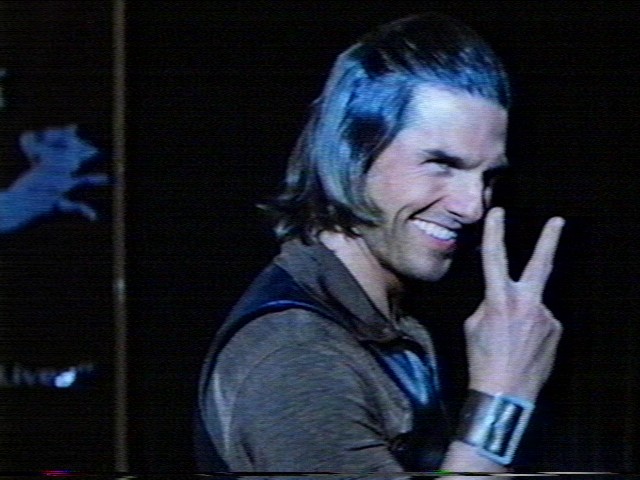"Under the Skin" by Michel Faber
"She tried to see herself as a vodsel might.
Even at a glance, she found it difficult to believe how much she had let herself go. It seemed like only a few days ago that she'd last done what was necessary to push herself across the dividing line into bestiality; it must have been much longer ago than that. What a bizarre sight she must have been to the vodsels who'd seen her recently. It was a good thing, really, that the last couple were safely out of circulation, because she had to admit she didn't pass muster now ... She looked almost human."
This fabulously sicko creeper work in the best tradition of H. G. Wells but thoroughly living in at least the late 20th century works on many levels from the kind of wonderful delicacies we tend to partake of in this holiday season to interstellar travel and alien worlds and culture colliding with less developed societies and species in our part of the galaxy on down to political commentary on the human social realm to simply a fun and campy-haunting homage to the Scottish countryside and the kinds of horrors one can conjure from that starting point but perhaps the most fundamental is that notion of what it means for someone or a group of someones to have language, to have words for things.
Like most enjoyable works, this one functions on multiple levels, the kind of thing I am always hungry for. Does reading this work make you hungry or make you sick? Hmm, for me - mostly hungry, despite it all. There are interesting discussions about how our own pain blinds us to certain realities even as it increases our potential for compassion for the pain in others. About how self-righteous anger is the most destructive kind of anger. About what beauty, sexual attractiveness, success and failure really look like once you decide to look more closely.
For me, one of the core levels ties together the real and the imagined, the power to disorient the reader with frame of reference regarding culture and race (human vs alien - the biggest subversion of all!), and the ethical and emotional - language and what does it mean in terms of who we actually are and even if we're even to be thought of as "sentient"! Are we not men? We are vodsels. V-O-D-S-E-L-S. What does it mean?
Wittgenstein's ghost along with many others runs through his kind of process. The question is not whether our heroine (or is she an anti-heroine - she's working for the other side!) Isserley can ever learn English by watching TV (as so many do, but then they are already human at least) - it is whether the combination of her own language and her limited understanding of ours will be sufficient to understand what is means when we think of ourselves as humans (much the same as we wonder what it might be like to experience the viewpoint and sentience of animals) and whether it will ever be sufficient to understand a non-literal concept like "mercy".
SPOILERS BEYOND THIS POINT
Not until she experiences our "meaning" of specific language-games first-hand does she finally have a glimmer of who we are and how we think and how that might relate to her (their) concepts of same. A skin-deep understanding of a language is actually misleading (and convenient) when making assumptions about (preparing sumptuous delicacies of) The Other.
Once you view the book in this light, you can tear down the alien-human distinction as it functions about as well for similar provocative discussions about differences in perception and ethical hierarchies of race, culture, species, and so forth. All while immersing yourself in a strange romp through the lonely, wet Scottish countryside with aliens and home-world horrors and a cartoonish sense of lampooning to inject a bit of whimsy into other dark-ish themes. And if you happened to go see the latest James Bond movie "Skyfall" right smack dab in the middle of reading this book, then you experienced a really odd synchronicity, right down to exact vodsel highway names!
Bon appetit!










